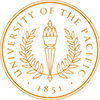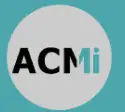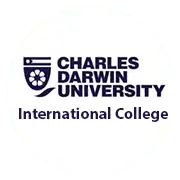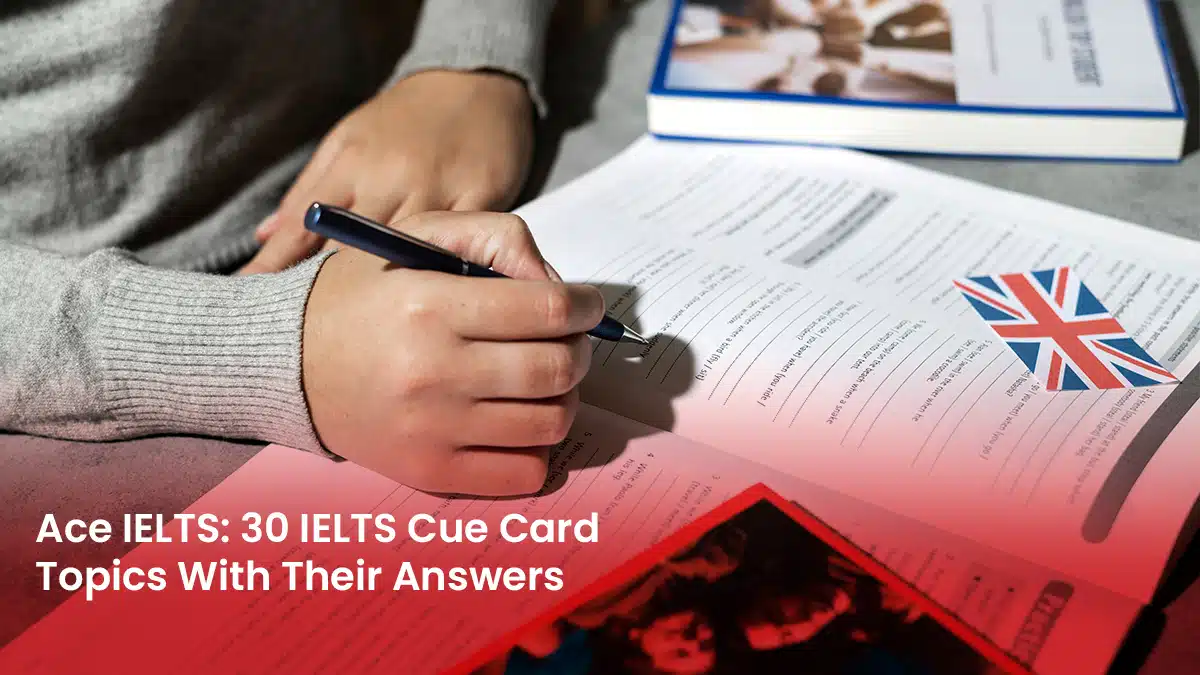As an education agent, you play an active role in shaping the student recruitment process. In particular, you pave the initial groundwork for study abroad decisions.
In recent years, students have been increasingly reliant on education agents. This was further illuminated by the pandemic where agents bridged universities and students.
More frankly, successful admissions also mean a consistent stream of income for you. After all, students seek out specialized advice from you to aid in their journey.
In this article, we curated a list of effective ways to influence study abroad decisions. Follow through and explore more resources that you can use for your recruitment.
Understanding the Education Agent Role
Your major role is to provide placement assistance to prospective international students. This involves giving experience-based advice on how to maximize their college application efforts.
Most of your responsibilities include but are not limited to the following:
- Demonstrate expert knowledge of the education system of study destinations
- Assess students’ needs and goals for institution matching
- Create a list of universities, study programs, and study destination recommendations
- Oversee short visits to universities (if necessary or possible)
- Provide assistance to crucial stages of a college application (preparing for admission tests, interviews, etc.)
- Give relevant information related to international studies
- Understand the cost structure of studying abroad and tuition fees
- Aid in the selection of appropriate student accommodation
- Send tips for potential part-time work opportunities
- Explain the background and professional reputation of universities
It’s essential that you understand the scope of your services to yield good results. This ensures that you only supply the needed amount of effort and resources so you don’t waste any time.
Note that your job as an education agent can extend to the families as well. You may be asked to speak with the students’ families for study abroad consultations.
This is usually the case for first-time international students. It’s necessary to build rapport and trust with families to make the right decisions.
3 Ways To Influence Study Abroad Decisions
Influencing decisions is a matter of exercising your service strategically. Once you understand why education agent is important in international education and what you’re supposed to deliver, you’re on the right path.
Naturally, you’ll need to use as many resources as necessary. Use your best recruitment judgment to arrive at the best results possible.
Here’s how you can start influencing smart study abroad decisions.
Connect With an Agency
Being a part of a network provides many opportunities that you can’t get as an independent worker. For instance, you get access to training and special resources to expand your reach.
MSM Unify’s agent network enables education agents to boost their recruitment efforts. With 45 partner colleges and universities, it’s a solid avenue to solidify your agency.
Below are some of the best advantages of connecting with MSM Unify as an education agent:
- Earn direct agent status privileges including special access to training
- Strong agent networking summits to view exclusive webinars around the world
- Transparent and 100% transfer of commissions direct from the institutions
- Access to HEIs to top study destinations such as Canada, Australia, the US, and the UK
- Use an automated AI-powered all-in-one platform for faster student recruitment
- Receive direct institution links and a portfolio of 1,000 study programs
- Enjoy exclusive perks and lucrative commissions with their agent partnership models
- Use tech features to simplify the student selection process
Joining a network of agents like MSM Unify unlocks industry-driven insights for your services. Plus, you get special access to virtual solutions that make recruitment easier.
Show the Best Options Always
Strategy is the key to writing the best set of recommendations to the student. Obviously, you have to narrow down your list of suggestions to only the strongest options.
When you think of the term “best,” there has to be solid options for both you and the student. See some guide questions below so you can properly build a set of options:
When choosing study abroad programs:
- Does this match the student’s career goals and ambitions?
- Are these courses suitable for the student’s passion and skills?
- Will the student enjoy academic and networking opportunities here?
- What does the coursework look like and will it be achievable for the student?
- Is there a solid ROI for the potential careers associated with this degree?
When choosing an HEI:
- Is this university equipped with adequate campus facilities and student support services?
- Does the reputation of this university match the goals of the student?
- What installations and services are available to ensure on-campus safety?
- Will I be able to connect with the student through the university’s offices?
- How does the university stand in terms of global rankings and industry partnerships?
When choosing a study destination:
- How will I propose a plan for preparation and adjustment to the host country?
- What types of student accommodations are available and how much are they?
- Are there any opportunities for part-time work or internships?
- What specific language requirements must be met?
- What are some recreation activities available for students to try?
Boost the Institution You Represent
When providing a list of university recommendations, it’s important to be impartial. You must also be transparent with the associate pros and cons of each university.
However, it’s more strategic if you give the institution you represent a boost. Note that this doesn’t mean being biased to the institution; just present it among the strongest options.
Students and their families will know if an education agent is being biased (it’s not hard to tell after all). To persuade them, you must be equipped with hard facts and proof.
Here are some tips to get you started:
- Create a presentation regarding the university. Highlight key accomplishments like global rankings. You can also mention the campus diversity in the school and its treatment of international studies. If possible, bring student testimonies to your presentation.
- Show data about the international student population in the institution. Emphasize the student resources they’re able to enjoy, plus the campus culture. Provide information about the recent enrollment rates based on student nationality. It won’t hurt to also mention the student organizations that they can tap into.
- Present a comparative table outlining the cost of studying in the university. Gather study costs from other universities as well, so there’s a fair benchmark. The institution you represent doesn’t have to be the most affordable to win in this area. If possible, get some data on career ROIs to show that it’s a fruitful investment.
- Make mention of the number of students you’ve successfully landed admission. The higher the number, the better. If you’re a new agent, focus on the quality. For example, emphasize the number of students you were able to send to Ivy League schools.
- Talk about the potential scholarships that the university offers. Narrow the list to only the ones where the student is eligible to apply. Don’t forget to focus on the value of the scholarship and what it covers. This can be a great prospect for students who are tight on funds.
To influence study abroad decisions, an education agent must be open. Build trust and work around providing the best solutions possible.
MSM Unify is packed with resources that every education agent needs. Sign up as one of our partner agents today and join 4,500 others in the quest for better student recruitment.















































